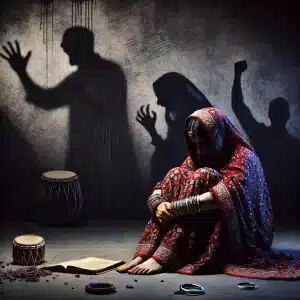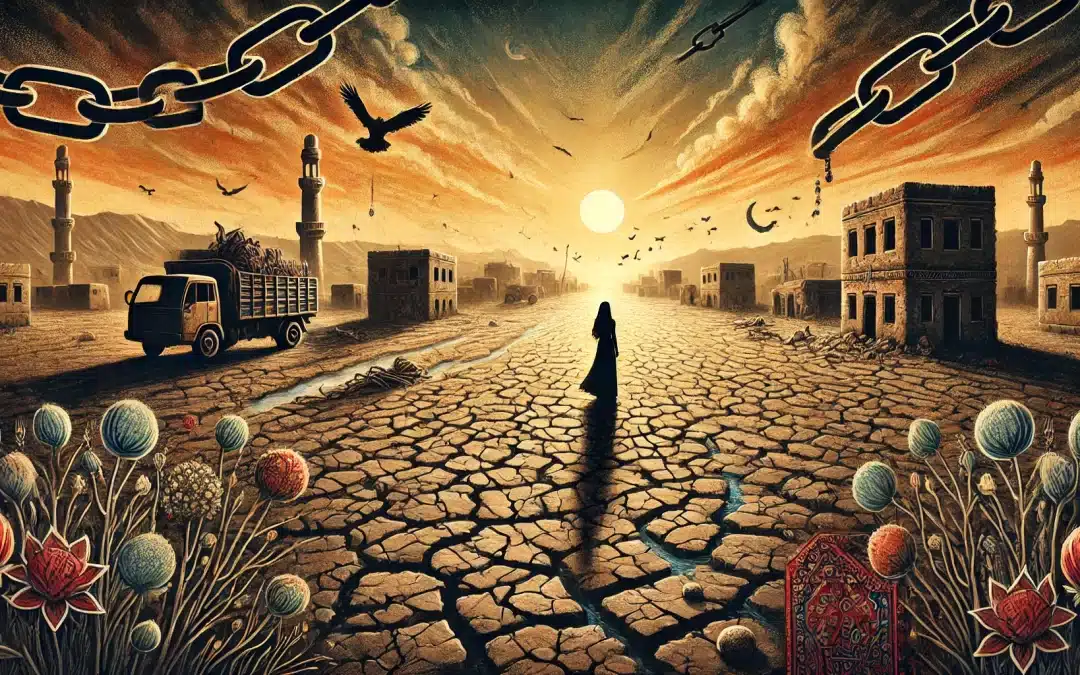Violence against women remains a severe issue in Sindh, Pakistan, reflecting deep-rooted patriarchal norms, inadequate law enforcement, and societal indifference. From domestic abuse to honor killings, forced marriages, and workplace harassment, women in Sindh face multiple forms of violence that hinder their rights, safety, and empowerment.
The Alarming Statistics
Sindh has one of the highest reported cases of gender-based violence in Pakistan. According to reports from human rights organizations, cases of domestic violence, rape, acid attacks, and honor killings continue to rise. Many cases, however, go unreported due to fear, stigma, and lack of trust in the judicial system.
Forms of Violence Against Women
- Domestic Violence: Women in Sindh often face abuse within their homes, inflicted by husbands, in-laws, or extended family members. Despite the enactment of the Domestic Violence (Prevention and Protection) Act, 2013, enforcement remains weak.
- Honor Killings: The deeply ingrained concept of ‘Karo-Kari’ (honor killing) continues to take innocent lives. Women who defy family expectations, marry by choice, or seek independence are at risk of being killed in the name of family honor.
- Child and Forced Marriages: Sindh has the highest child marriage rates in Pakistan, despite the Sindh Child Marriage Restraint Act, 2013, which sets the minimum marriage age at 18. Loopholes in implementation allow families to continue marrying off young girls.
- Sexual Violence and Harassment: Women in public spaces, workplaces, and educational institutions face rampant harassment and assault. Many victims do not come forward due to societal pressures and fear of character assassination.
- Human Trafficking: Vulnerable women, particularly from impoverished areas, are trafficked for exploitation. Lack of strict border control and corruption worsen the situation.
Challenges in Seeking Justice
Despite existing laws, justice for victims remains elusive. The reasons include:
- Weak law enforcement: Police often refuse to register cases, especially in rural areas where tribal customs override state laws.
- Social stigma: Victims fear backlash from their families and communities.
- Lengthy legal procedures: Survivors struggle with prolonged legal battles with little financial or institutional support.
- Influence of feudal and tribal lords: Many perpetrators go unpunished due to their powerful social or political connections.
The Role of Activists and Organizations
Women’s rights organizations such as the Sindh Commission on the Status of Women (SCSW) and White Ribbon Pakistan are actively working to raise awareness and push for policy changes. Shelter homes, legal aid groups, and helplines also provide crucial support to survivors.
The Way Forward
Ending violence against women in Sindh requires a multi-pronged approach:
- Strict law enforcement: Ensuring timely and fair prosecution of offenders.
- Education and awareness: Promoting gender equality through school curriculums and media campaigns.
- Economic empowerment: Providing skills training and job opportunities to women for financial independence.
- Community engagement: Encouraging religious and tribal leaders to support women’s rights.

